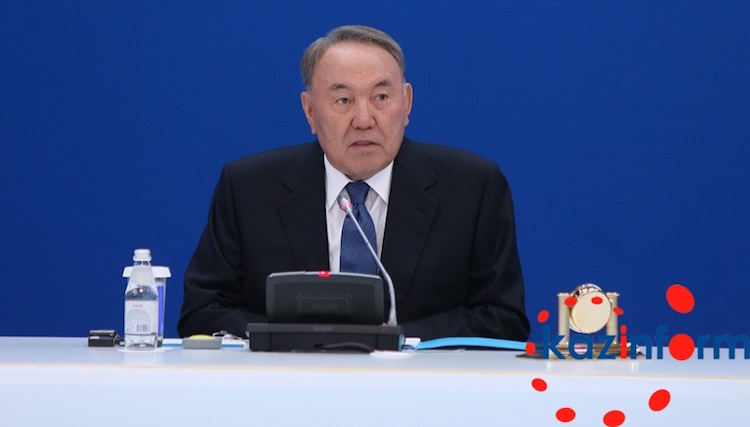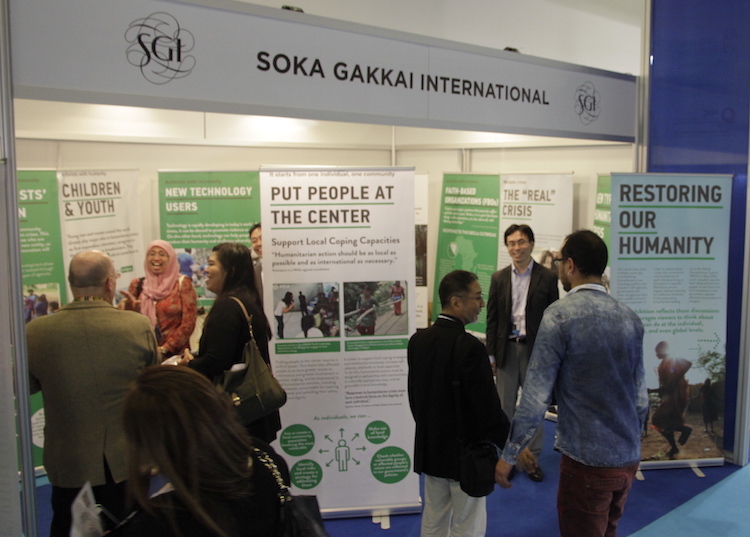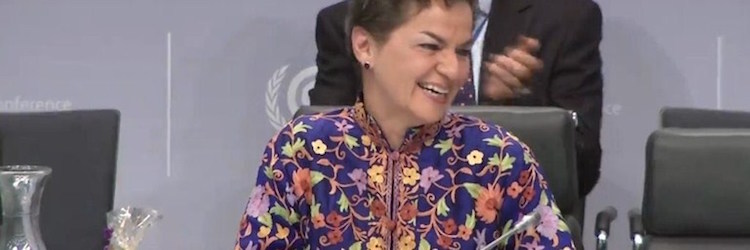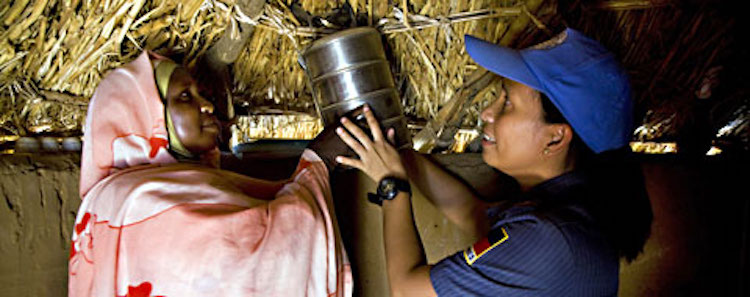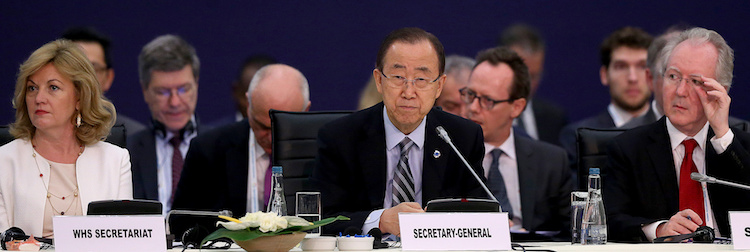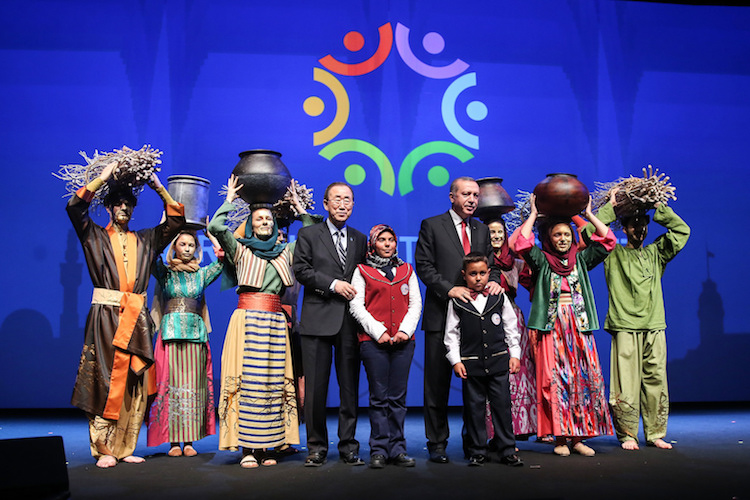Analysis by Jacques N. Couvas
ANTALYA | Turkey (IDN) – Commitment to continue the effort by the United Nations and the developed economies to help least developed countries (LDCs) overcome poverty and hunger was the main conclusion of the Mid-Term Review (MTR) conference for the Istanbul Programme of Action for the Least Developed Countries (IPoA), held in Antalya, Turkey, from May 27 to 29.
The purpose of the meeting was to assess whether and how the targets set by the IPoA in 2011 were being met. The results were mixed.
In six plenary sessions, four thematic round tables and 26 side events, officials from 75 countries and international organisations reviewed the progress made by the LDCs towards stimulating growth and improving living conditions in their respective jurisdictions.



